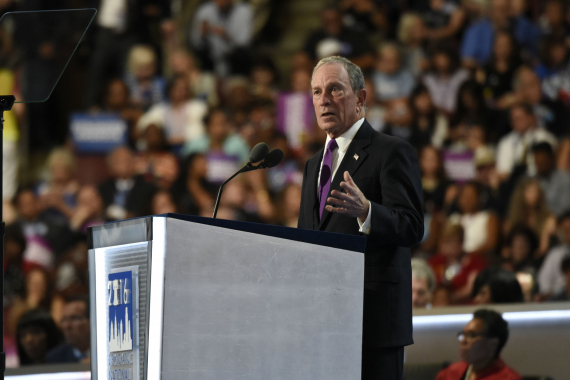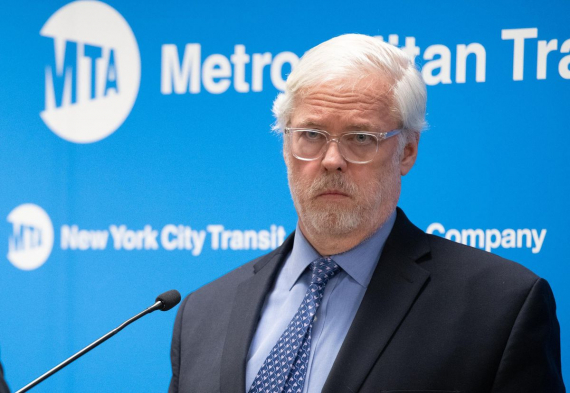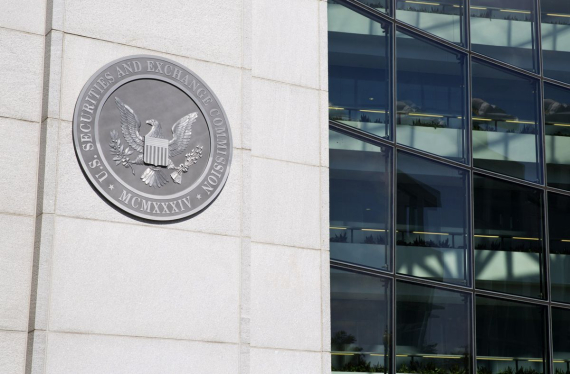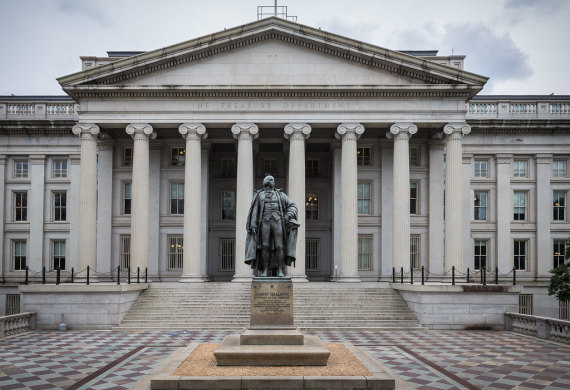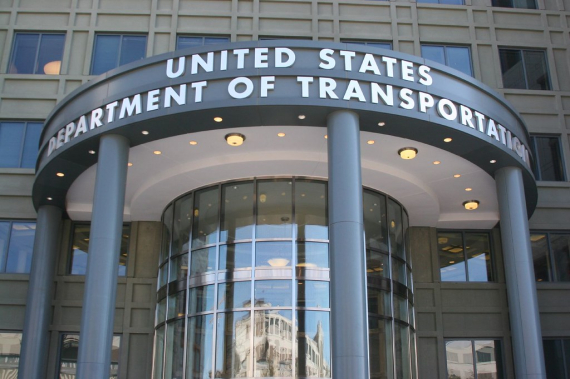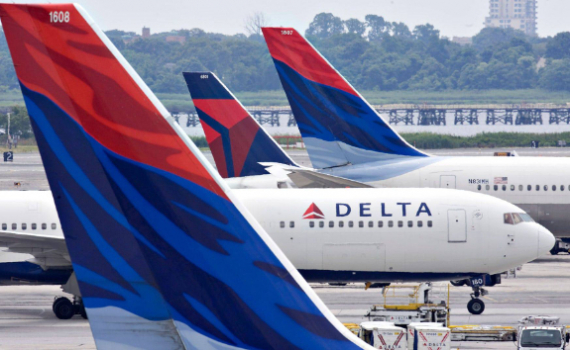
On Wednesday Delta Air Lines applauded a court’s decision to reject the Dutch government’s move to significantly cut flight movements at Amsterdam Airport Schiphol (AMS).
“Delta believes that it is possible to balance sustainability priorities with passengers’ desire to travel and connect with people across the world – something we have demonstrated through a vigorous commitment to fleet renewal and other practices to help decarbonize our operations and reduce noise,” said Delta Executive Vice President – External Affairs Peter Carter. ”The court’s decision is the right one, safeguarding a future for Schiphol.”
In March, The KLM Group, Delta Air Lines, Corendon, easyJet and TUI joined forces to take summary proceedings against the Dutch government to keep the Netherlands connected to the rest of the world via AMS. The airlines challenged the government’s unilateral decision to cut flight movements at Schiphol significantly, confident they can reduce noise levels and CO2 emissions while maintaining a network of destinations for the millions of passengers and tons of cargo they carry annually to and from Schiphol.
As part of the proposals, the Dutch government had planned to reduce Schiphol’s capacity from 500,000 to 460,000 flight annual movements. These plans were made despite Delta and other global airlines’ multi-billion euros investments to meet near- and long-term decarbonization goals and commitment to reduce aircraft noise. The capacity reduction would have had a negative economic impact by significantly reducing travel options and connectivity for consumers, as well as cargo operations.
Amsterdam Schiphol Airport is one of the world’s leading airports. With flights to over 280 destinations worldwide Schiphol connects the Netherlands with all of the world’s key economic regions and is a powerful engine driving the economy. Total inward investments in the Netherlands amounts to over €4,500 billion, making the Netherlands one of the world’s top recipients of foreign direct investment.
Delta Air Lines is committed to robust sustainable travel goals, investing in fleet renewal and SAF procurement programs



